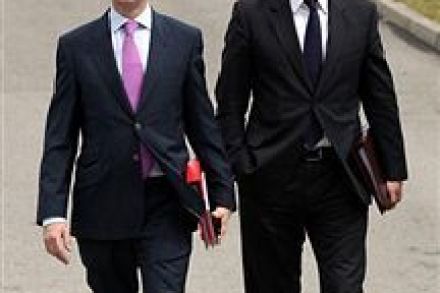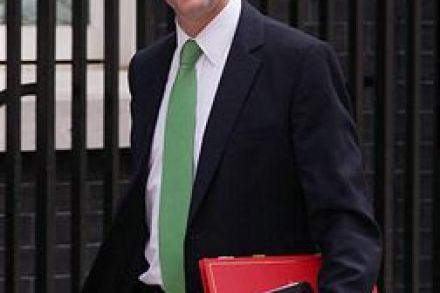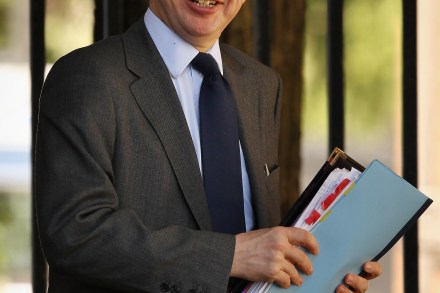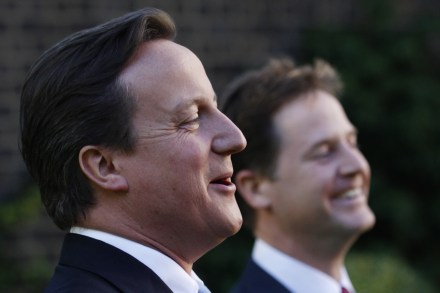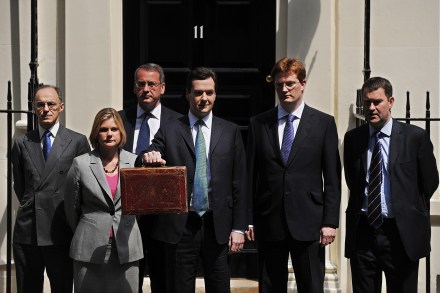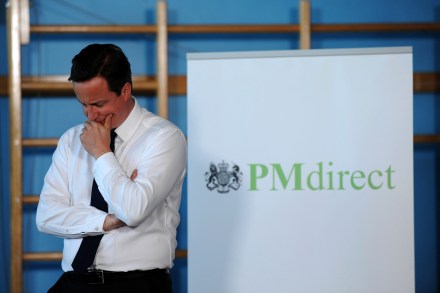A question of independence
And so this morning’s Office for Budget Responsibility story rumbles on, with various Labour figures questions whether the organisation is as independent as it should be. The most significant intervention, though, is from the government. As the FT reports, George Osborne’s Treasury team is hanging onto its ability to select the next head of the OBR. Of course, this doesn’t necessarily mean that the next OBR chief will be a placeman, sympathetic and mouldable to the Tories’ wishes. In fact, my guess is that Osborne will go out of his way to find an uncontroversial, neutral replacement for Sir Alan Budd. But with a PoliticsHome poll showing that only 16


